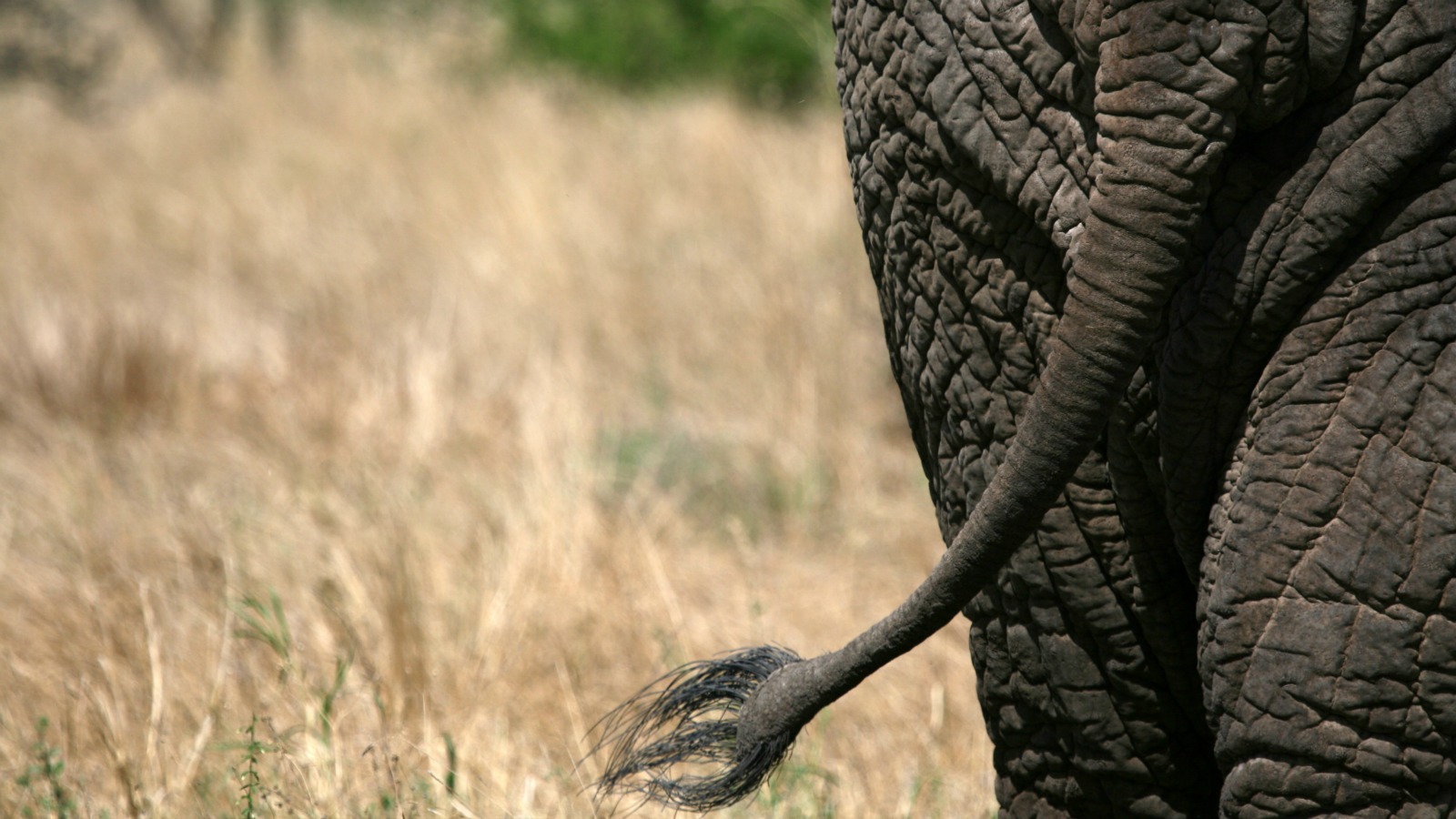What happens in the zoo need not stay in the zoo. Actually, when it comes to manure matters, it’s essential to get poo out of the zoo.
With big animals like elephants turning out exotic pies to the tune of 300 pounds a day, zookeepers are faced with limited options. They can either a) send pricy truckloads of manure to the dump, b) turn those steamy piles of dung into electricity, or c) start selling their herbivores’ poo as a delightfully rich compost.
As you may have guessed, the latter two options are better from an environmental and an economic standpoint. That’s why a lot of zoos have started poo compost programs over the years, to the pleasure of manure connoisseurs who want to add a little zest to the traditional choice of droppings from cows, horses, and chickens.
There’s no monkey business when it comes to zoos and compost operations — waste from primates and other meat-eating animals are avoided for fear of disease transmission. But zoos around the U.S. are selling compost from their collection of herbivores, including elephants, hippos, rhinos, zebras, and giraffes. Modern Farmer put together a helpful list, including Grist HQ Seattle, where you can buy five-gallon buckets of “ZooDoo” at Woodland Park Zoo’s Fecal Fest.
Zoos in Detroit, Kansas City, Portland, Atlanta, and El Paso, and more participate in compost programs for nearby gardeners and farmers. Their products have a host of funny names, like Zoo Manoo, Zoo Doo, and Pachy Poo. The Detroit Zoo is even planning to use an anaerobic digester to transform manure into electricity that it can use to power its operations.
In short, if you’re a zookeeper looking for a pookeeper, you have plenty of good models to choose from. And for those looking to dust their gardens with exotic manure — if there’s not one already, there may soon be a zoo selling poo in a city near you.


